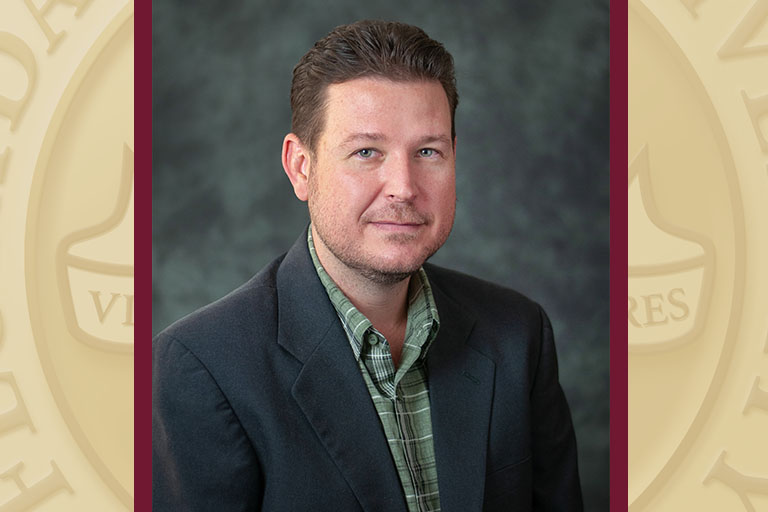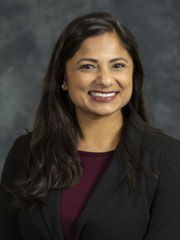FSU psychologist awarded $9M to expand 'gamified' treatments for pediatric ADHD

Millions of children are diagnosed each year with attention-deficit/hyperactivity disorder, or ADHD. When untreated, or undertreated, children with ADHD face challenges focusing, managing time, and practicing self-control, and these difficulties can persist into adulthood.
A Florida State University researcher who previously developed “gamified” treatments targeting central deficits of ADHD in children 8-13 has received two grants from the National Institute of Mental Health to redevelop these techniques for children as young as age 4 and expand treatment options for pediatric ADHD.
Associate Professor of Psychology Michael Kofler will use the combined $9 million to combine the existing training with behavior management-based parent training, which equips parents with skills and strategies to help their children succeed.
“Most children with ADHD have difficulties with executive functions, neurological activities supported by the prefrontal and frontal area of the brain, and these functions help in planning and guiding behavior,” Kofler said.
Adults with ADHD can have difficulties in maintaining occupations, issues continuing education and dysregulated emotional functioning manifesting as increased impulsivity and risky behaviors.
Kofler is the founder and director of research services for FSU’s Children’s Learning Clinic, which has provided more than 300 no-cost evaluations and diagnoses of children’s disorders for local families since opening in 2015.
Current training uses arcade-style video games that target different components of the central executive functions associated with working memory. As they practice, researchers see changes in the working memory deficits associated with ADHD that translate into improvements in learning, impulse control, planning, organizing and emotion regulation. The games also adapt to the child’s level of performance and become progressively more challenging as the child’s working memory abilities increase.
By making these treatments available to children who are in preschool or kindergarten, researchers hope to provide a preventative approach by intervening before ADHD affects more aspects of the child’s life. Combining this training with parent-focused behavioral training will also improve the efficacy of parent training because kids with strong executive function respond better to behavior-based parent training.

clinical services at the
Children’s Learning Clinic.
“Underlying working memory deficits are present in about 71-85 percent of children with ADHD and have been linked to symptoms and impairments,” said Leah Singh, director of clinical services at the Children’s Learning Clinic. “This training is a promising nonmedication treatment; our previous studies showed that it worked as well as or better than behavior-based parent training. It also improved academic outcomes for children with ADHD, and these improvements were maintained months after treatment. These are promising findings indicating that benefits from central executive training generalize and are long-lasting, which isn’t the case with current ADHD treatments.”
ADHD, one of the most common disorders in children, is marked by ongoing issues with attention, over-activity and controlling impulsive behaviors. Researchers hope that by combining central executive training with behavior-based parent training, a broader array of these ADHD-related difficulties will be targeted. Treatments will be both tailored and comprehensive and yield long-lasting benefits.
“It means the world to us to be able to provide these services to our community,” Singh said. “The goal of treatment should be to make families’ lives easier and to treat the underlying conditions rather than just the symptoms, so families can get on with their busy lives. Through this work, we’re able to support families through the diagnosis and immediate treatment of ADHD while simultaneously developing a treatment with the goal of providing long-term benefits for families and their children.”
Additional contributors to this research will include psychology graduate students Carolyn Marsh, Fatou Gaye, Alissa Cole, Kathy Harvey and Sooyun Cho; Children’s Learning Clinic coordinators Katie Black and Lauren DeGeorge; and eight undergraduate researchers.
